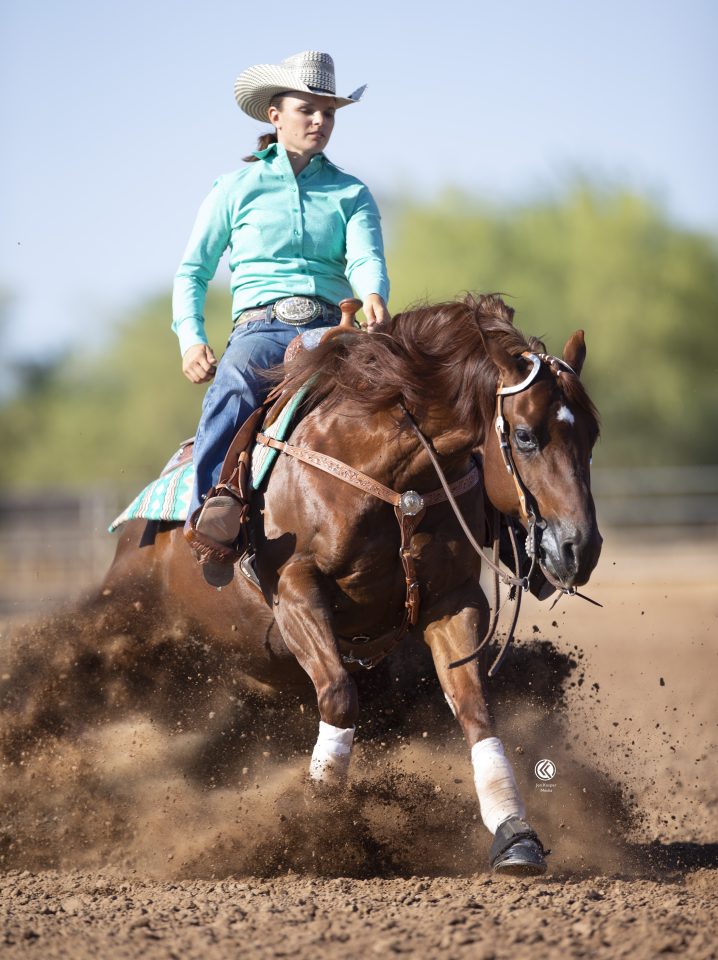Sometimes personal beliefs spill over into business. But there are times you should avoid the crossover on your social media.
By Jennifer Paulson

There’s a good chance you have both personal and business social media accounts. While the temptation might be to link both or to post the same content on both accounts, choosing a path of separation can save you professional angst as well as keep your business in a positive light.
The horse trainer/customer relationship is much different than many other professional relationships because many of the typical “lines” are crossed by developing personal friendships. It might be easy to think, “I think this is funny, so the rest of my customers will, too.”
However, that’s not always true, and it’s definitely not always true when it comes to your followers who aren’t yet customers in your barn or sponsors with whom you have relationships.
Here are five things to consider before cross-posting personal content on your business social media accounts.
1. What’s funny to you isn’t funny to all. Horse memes, silly video clips, and other simply funny posts are usually safe for sharing across your personal and professional platforms. But that video of the edgy comedian who can only be seen on a streaming service with an MA rating? Probably not acceptable for your business page.
2. Not everyone shares your politics. Overtly partisan posts can be especially damaging on a professional account. The last two presidential elections are easy evidence of types of posts that can tear relationships apart—and ruin profitable business connections. Your customers, while they might admire you for your training and coaching skills, might not share the same political views as you have. Sometimes it’s best to err on the side of caution and leave politics completely off your professional accounts.
3. Sensitive family matters can be touchy. The NRHA Professional/client relationship can become a lot like family—but it’s still not your true family. Sharing potentially sensitive family matters on your professional social media is almost always off-limits. Even in the cases of fundraisers set up for a family member, it’s often best to allow someone else to share that information to your professional page to maintain integrity.
4. Negativity breeds negativity. A positive, motivational, uplifting voice on your professional social media puts the same kind of light on your business. Maintaining that perspective helps people see you part of the solution rather than part of the problem.
5. All of your posts can be found. No matter if they originated on your professional page or on your personal account, committed sleuths can find posts. If your personal page is public, anyone can see what you post there—from current clients to potential new investors to prospective sponsors. So even while your personal page is your own, those posts can be found via screenshots, shares, and those committed to digging through your social media history. As an NRHA Professional, it’s in your own best interests to keep these considerations in mind no matter where you’re posting because the Internet doesn’t forget.



